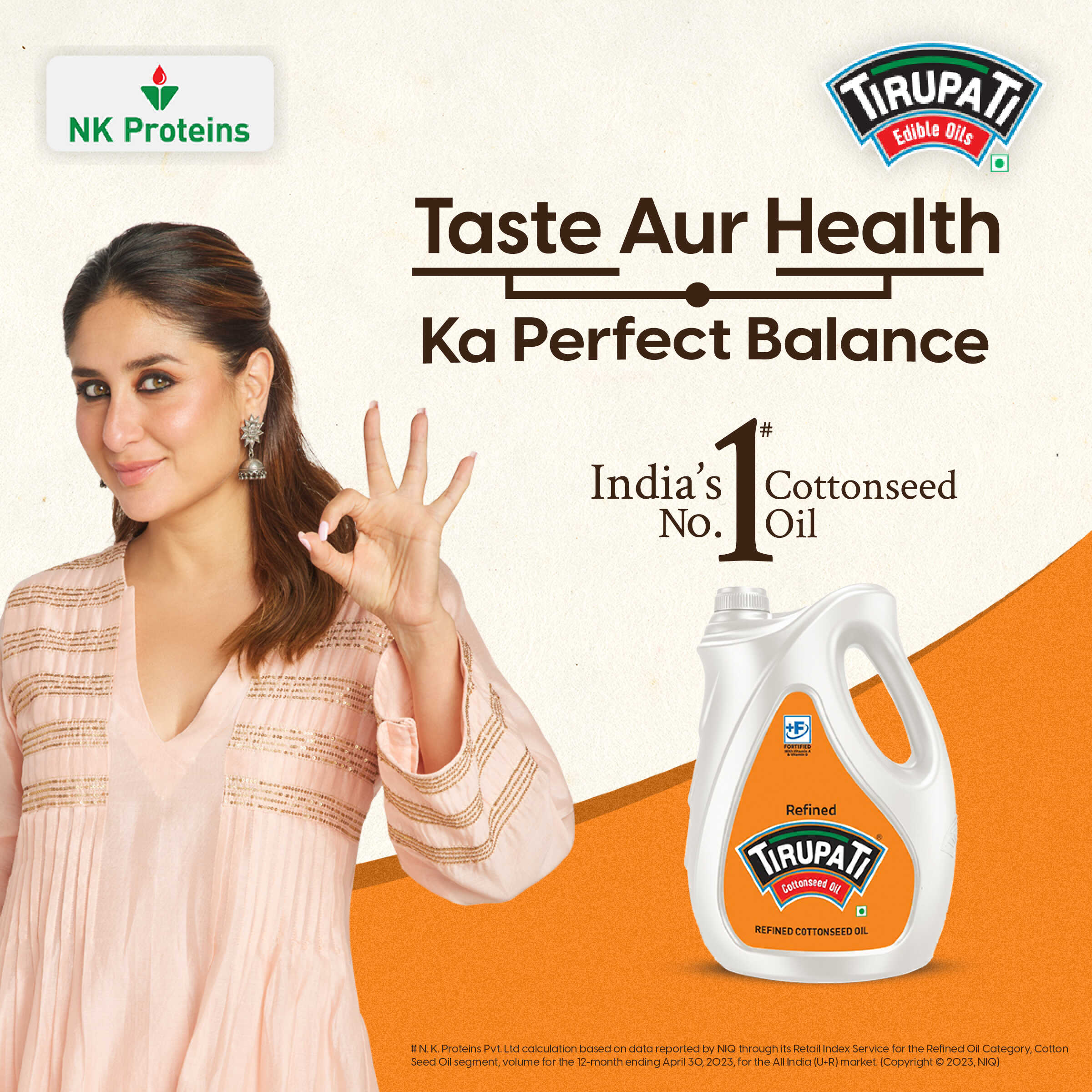








FEATURED PRODUCTS
-
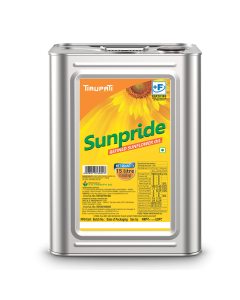 Tirupati Sunpride - Refined Sunflower Oil 15 Ltr TinSpecial Price ₹2,304.00 Regular Price ₹2,510.00
Tirupati Sunpride - Refined Sunflower Oil 15 Ltr TinSpecial Price ₹2,304.00 Regular Price ₹2,510.00 -
 Tirupati Kachi Ghani - Mustard Oil 5 ltrSpecial Price ₹796.00 Regular Price ₹1,001.00
Tirupati Kachi Ghani - Mustard Oil 5 ltrSpecial Price ₹796.00 Regular Price ₹1,001.00 -
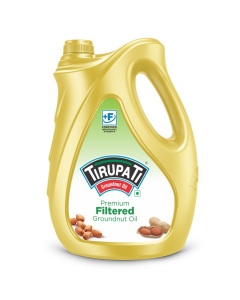 Tirupati Premium Groundnut Oil 5 Ltr JarSpecial Price ₹858.00 Regular Price ₹1,085.00
Tirupati Premium Groundnut Oil 5 Ltr JarSpecial Price ₹858.00 Regular Price ₹1,085.00 -
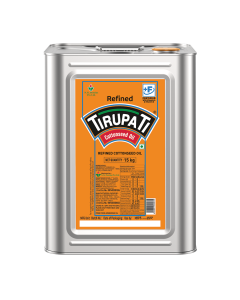 Tirupati - Refined Cottonseed Oil 15 Kg tinSpecial Price ₹2,511.00 Regular Price ₹2,715.00
Tirupati - Refined Cottonseed Oil 15 Kg tinSpecial Price ₹2,511.00 Regular Price ₹2,715.00
NEW PRODUCT
-
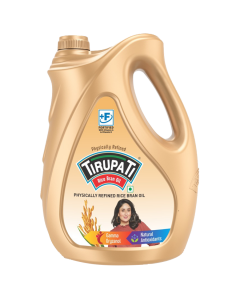 Tirupati Rice Bran Oil 5 Ltr JarSpecial Price ₹779.00 Regular Price ₹959.00
Tirupati Rice Bran Oil 5 Ltr JarSpecial Price ₹779.00 Regular Price ₹959.00 -
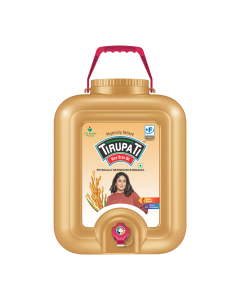 Tirupati Rice Bran Oil 15 Ltr Ch JarSpecial Price ₹2,298.00 Regular Price ₹2,538.00
Tirupati Rice Bran Oil 15 Ltr Ch JarSpecial Price ₹2,298.00 Regular Price ₹2,538.00 -
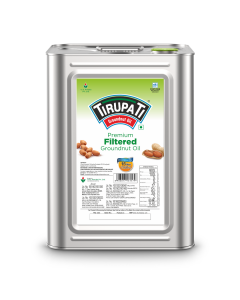 Tirupati Premium Groundnut Oil 15 Ltr tinSpecial Price ₹2,526.00 Regular Price ₹2,841.00
Tirupati Premium Groundnut Oil 15 Ltr tinSpecial Price ₹2,526.00 Regular Price ₹2,841.00 -
 Tirupati Active Plus - Refined Corn Oil 1 Ltr PouchSpecial Price ₹153.00 Regular Price ₹227.00
Tirupati Active Plus - Refined Corn Oil 1 Ltr PouchSpecial Price ₹153.00 Regular Price ₹227.00 -
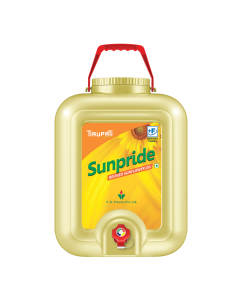 Tirupati Sunpride - Refined Sunflower Oil 15 Ltr Tap JarSpecial Price ₹2,320.00 Regular Price ₹2,531.00
Tirupati Sunpride - Refined Sunflower Oil 15 Ltr Tap JarSpecial Price ₹2,320.00 Regular Price ₹2,531.00 -
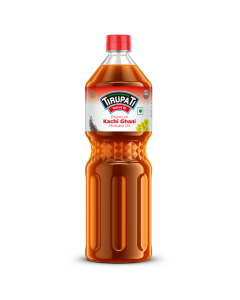 Tirupati Kachi Ghani - Mustard Oil 1 ltr bottleSpecial Price ₹162.00 Regular Price ₹239.00
Tirupati Kachi Ghani - Mustard Oil 1 ltr bottleSpecial Price ₹162.00 Regular Price ₹239.00
